Materials Used in Bespoke Interiors - Your One Stop Guide
When designing a bespoke interior, choosing the right materials is crucial to achieving both aesthetic appeal and long-term durability. High-quality materials enhance the beauty, functionality, and value of a space, making them a key element of custom interior design. Whether for kitchens, bathrooms, bedrooms, or living areas, selecting the right materials ensures a luxurious and personalised look tailored to your preferences and lifestyle.
This guide will explore the best materials for bespoke interiors, their benefits, and how to choose the perfect options for your home.
Why Material Choice Matters in Bespoke Interiors
1. Durability and Longevity
Premium materials withstand daily wear and tear, ensuring that your interiors remain beautiful and functional for years.
2. Aesthetic Appeal
The right materials contribute to the overall design aesthetic, complementing your style preferences and creating a cohesive look.
3. Customisation Options
Bespoke interiors require materials that can be tailored in colour, texture, and finish to match your unique vision.
4. Sustainability and Eco-Friendliness
Sustainable materials reduce environmental impact while maintaining high quality and aesthetic appeal.
Materials for Bespoke Kitchens
1. Worktops and Countertops
Quartz – Durable, non-porous, and available in a wide range of colours.
Granite – Natural stone with unique patterns, highly resistant to heat and scratches.
Marble – Luxurious but requires regular maintenance to prevent staining.
Solid Wood – Adds warmth and character but needs periodic sealing.
2. Cabinetry
Hardwood (Oak, Maple, Walnut) – Strong, timeless, and highly customisable.
MDF (Medium Density Fibreboard) – Smooth surface ideal for painted finishes.
Plywood – Durable, moisture-resistant, and perfect for high-traffic areas.
3. Flooring
Hardwood – Classic and long-lasting, available in various finishes.
Porcelain Tiles – Water-resistant, durable, and easy to maintain.
Luxury Vinyl Tiles (LVT) – Affordable and mimics natural materials like stone or wood.
Materials for Bespoke Bathrooms
1. Wall and Floor Tiles
Ceramic Tiles – Versatile, easy to clean, and available in numerous designs.
Porcelain Tiles – Denser and more durable than ceramic, ideal for wet areas.
Natural Stone (Marble, Travertine, Slate) – Adds luxury but requires sealing to prevent water damage.
2. Countertops and Vanity Units
Quartz – Low-maintenance and resistant to moisture.
Granite – Natural beauty with high durability.
Solid Surface (Corian, Silestone) – Seamless and customisable.
3. Fixtures and Fittings
Brass – Adds warmth and elegance.
Stainless Steel – Corrosion-resistant and modern-looking.
Matte Black – Contemporary and stylish, complements various colour schemes.
Materials for Bespoke Bedrooms
1. Wardrobes and Storage Units
MDF with Veneer Finish – Provides a sleek look at an affordable price.
Solid Wood – Timeless and can be stained or painted to match décor.
Glass or Mirrored Panels – Enhances light and creates a sense of space.
2. Flooring
Engineered Wood – Durable and visually appealing.
Carpet – Soft, warm, and noise-absorbing.
Laminate – Cost-effective and easy to maintain.
3. Upholstery and Soft Furnishings
Velvet – Luxurious and soft to the touch.
Linen – Breathable and timeless.
Leather – Durable and stylish, suitable for headboards and seating.
Sustainable and Eco-Friendly Material Options
Bamboo – Rapidly renewable, durable, and versatile.
Reclaimed Wood – Adds character and reduces environmental impact.
Recycled Metal and Glass – Sustainable and stylish.
Low VOC Paints and Finishes – Improves indoor air quality.
How to Choose the Right Materials for Your Bespoke Interior
1. Consider Functionality
Different rooms have different requirements—choose moisture-resistant materials for bathrooms, durable surfaces for kitchens, and comfortable textures for bedrooms.
2. Match Your Design Style
Whether you prefer modern, classic, or industrial interiors, select materials that complement your chosen aesthetic.
3. Think About Maintenance
Opt for low-maintenance materials if you prefer ease of cleaning and longevity.
4. Assess Your Budget
High-end materials like marble and solid wood add luxury, while cost-effective options like laminate and MDF provide affordability without sacrificing style.
Frequently Asked Questions (FAQs)
1. What are the most durable materials for bespoke interiors?
Quartz, granite, solid wood, and porcelain tiles are among the most durable materials for long-lasting interiors.
2. Are sustainable materials as durable as traditional options?
Yes! Bamboo, reclaimed wood, and recycled metals are not only eco-friendly but also highly durable and stylish.
3. How do I choose the right worktop for my kitchen?
Consider factors like durability, maintenance, heat resistance, and aesthetics. Quartz and granite are great options for durability, while marble offers a high-end look with more maintenance.
4. What is the best material for a luxury bathroom?
Marble, quartz, and porcelain tiles create a sophisticated and luxurious bathroom atmosphere while being durable and water-resistant.
5. Can I mix different materials in a bespoke interior?
Absolutely! Combining wood, stone, metal, and glass can add depth, texture, and contrast to your design, creating a unique and personalised look.
6. What are the best materials for small spaces?
Lighter materials like glass, high-gloss finishes, and light-coloured woods help make small spaces feel bigger and more open.
Conclusion
Selecting the right materials for a bespoke interior is a critical part of achieving a stylish, functional, and durable space. Whether designing a kitchen, bathroom, bedroom, or living area, choosing high-quality and sustainable materials enhances the longevity and beauty of your interiors.
If you're looking to create a custom interior tailored to your preferences, Saksons Interiors can help you select the best materials for your bespoke design needs. Contact us today to start your journey!
